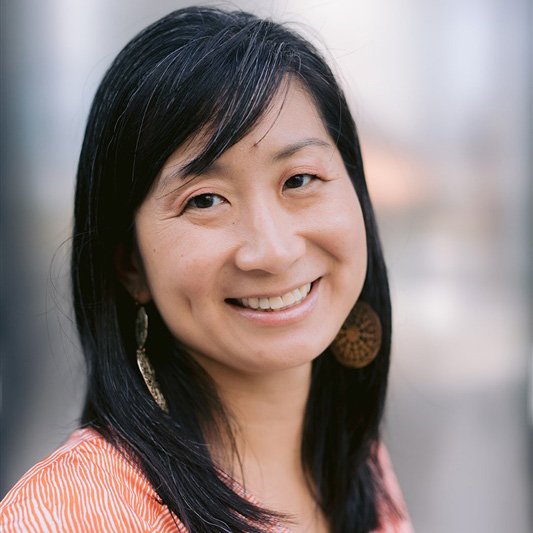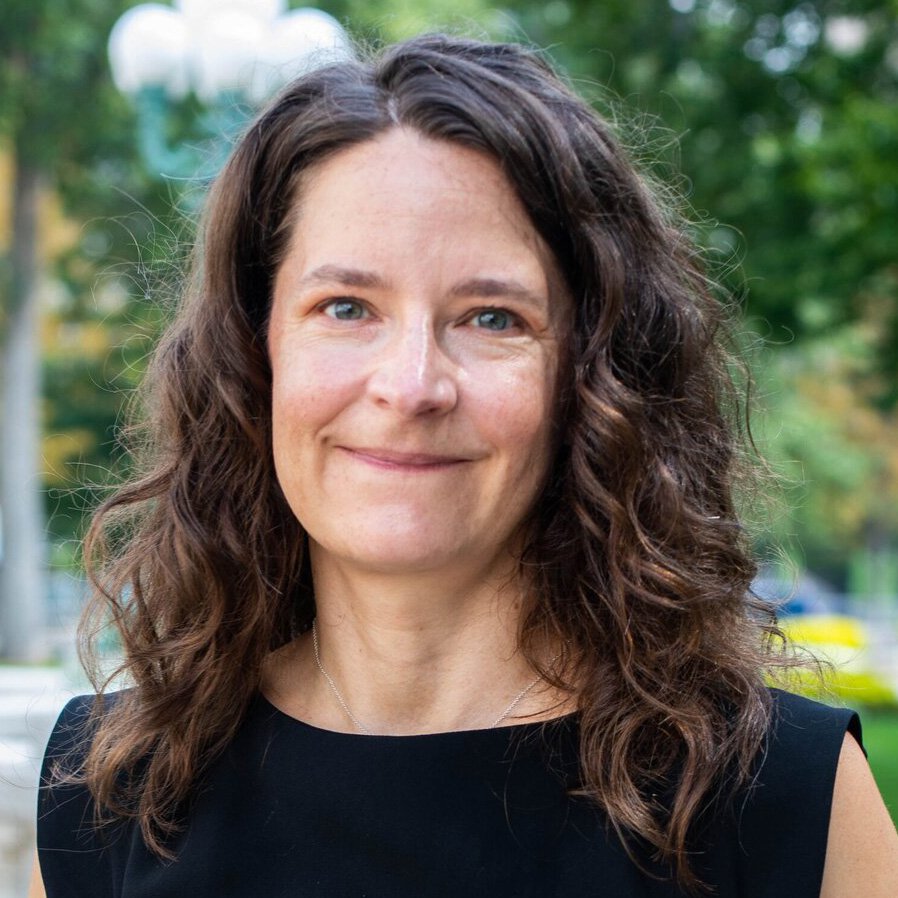Why Vote? Reproductive and Civil Rights
How does the recent U.S. Supreme Court decision overturning Roe v. Wade affect Wisconsin residents? The forum will address the economic, medical, and legal impacts.
Unfortunately, we had some technical challenges trying to broadcast the in-person event from Madison College and we are aware that many of you watching online via Zoom missed out on the experience. Those of us who were at the event were disappointed to learn that those at home weren’t able to participate in the engaging discussion from our local experts and sincerely apologize.
We have prepared a written summary of the forum to assist you in revisiting the panel discussion; click here to read the report. There will also be a comprehensive report on the panel discussion in the next issue of Bulletin.
Our volunteers are already hard at work on solutions to ensure these issues are addressed before our next forum on October 10.
The League of Women Voters believes that all people deserve access to abortion care when they need it, on a timeline of their choosing, and in a community and an environment they trust and feel safe in. Join us for a forum on what the recent U. S. Supreme Court decision of Dobbs v. Jackson Women’s Health Organization means for the future of reproductive rights and healthcare for people in Wisconsin. Panelists will discuss the current legal situation, its effects on the physical, mental, economic, and social health of people in the state, what the future might hold, and how you can get involved.
On June 24, 2022, the U. S. Supreme Court ruled that abortion is not a constitutional right. The decision in Dobbs v. Jackson Women’s Health Organization overturned the precedents of Roe v. Wade and Planned Parenthood of Southeastern Pa. v. Casey. Following the decision, abortion is currently illegal in Wisconsin based on an 1849 law. This law does not provide exceptions for rape or incest. It does include an exception to save the life of the mother, though the parameters of that exception are unclear. Risks are greater for Black, Hispanic, and Indigenous women, who have a higher rate of pregnancy complications and maternal mortality.
Wisconsin residents who seek an abortion need to travel to a state where abortion is legal, such as Illinois or Minnesota. However, providers in neighboring states are concerned about their ability to serve an influx of out-of-state residents. The need to travel to other states is a special burden for people from low-income or marginalized groups, who need to find transportation, take time off of work, and often arrange for child care.
The Dobbs ruling has had ripple effects beyond abortion as well. Other reproductive healthcare is also at risk. The foundation of the Dobbs decision has also caused concern that other Supreme Court decisions could be overturned in the future, including the right to contraception and same-sex marriage.
OUR SPEAKERS
Cynthia Lin
Vice President at WMF Wisconsin, Deputy Director of Movement Building at National Network of Abortion Funds (NNAF)
Cynthia is the board vice-president at Women’s Medical Fund (WMF) Wisconsin, a volunteer-led organization that has supported Wisconsin residents to afford and access abortions since 1972. WMF organizes to change culture and systems to center access, support, and compassion. Cynthia is also the Deputy Director of Movement Building at the National Network of Abortion Funds (NNAF), of which WMF Wisconsin is a member. She has held various roles there for the past eight years.
Prior to joining WMF and NNAF, Cynthia was a trainer and organizer at the Western States Center, staffing gender justice capacity-building programs in the Pacific Northwest. She has masters degrees from UW-Madison in Urban and Regional Planning and Environmental Studies, as well as an engineering degree from Princeton University.
Katrina Morrison
Director of Policy, Advocacy & Outreach at The Foundation for Black Women’s Wellness
Katrina has dedicated her career to advancing initiatives that promote the health and wellness of Black women, supporting the development of equitable policy solutions, including the "Wisconsin Birth Equity Act,” the first statewide bill package on racial disparities in maternal and child health.
Before joining the Foundation for Black Women’s Wellness, Katrina served as the Health Equity Director at the Wisconsin Alliance for Women's Health. She has also worked in policy and outreach at Planned Parenthood of Wisconsin and in the State Legislature for the Assembly Democratic Leader.
A dedicated community advocate, Katrina serves on the Board of Directors for the Wisconsin Women's Network, Women's Medical Fund, and Wisconsin Democratic Leadership Institute. She volunteers on the United Way of Dane County's Policy Committee and Health Community Solutions Team. Katrina received her bachelor's degree from the University of Wisconsin-Madison and is a J.D. Candidate at the University of Wisconsin Law School.
Nicole Safar
Executive Director of Law Forward
Nicole brings experience in the government and nonprofit sectors to her work at Law Forward. Most recently, she served as Executive Director of A Better Wisconsin Together, a state-based research and communications hub. In 2019, Nicole joined the Evers Administration as Assistant Deputy Secretary at the Wisconsin Department of Health Services. Before that, she spent 14 years at Planned Parenthood of Wisconsin in multiple roles including legal and policy advisor, lobbyist, political director, and Vice President of Public Affairs and Legal Advocacy. Nicole is a lawyer and member of the Wisconsin State Bar. She graduated from the University of Wisconsin Law School and Gustavus Adolphus College.
Amy Williamson
Associate Director of the UW Collaborative for Reproductive Equity (CORE)
Amy Williamson is the Associate Director of the University of Wisconsin Collaborative for Reproductive Equity, based in the Department of Obstetrics and Gynecology. CORE conducts research to support reproductive health, equity, and autonomy in Wisconsin and beyond. Amy leads a team dedicated to sharing research and policy analysis for use in policymaking, public health, healthcare, and community settings. Amy has a master’s degree in Public Policy from the Harvard Kennedy School. She is mother to two amazing young women, a proud graduate of Madison’s public schools, a Returned Peace Corps Volunteer (Nepal), and a lifelong swimmer.
Joy Cardin (Moderator)
Joy Cardin is a retired Wisconsin Public Radio talk show host, a member of the League of Women Voters of Dane County, and a member of the board of directors of the LWV of Wisconsin.





